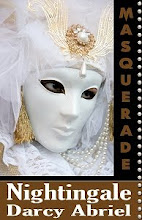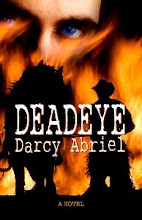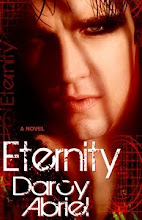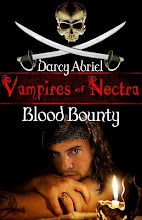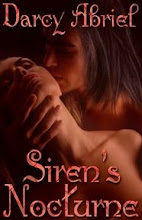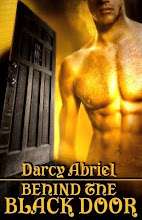The EPUB 3 publishing language, for instance, allows for JavaScript to be embedded in e-books, which would theoretically allow publishers to track their readers’ reading habits – if only retailers would allow that code in the books it sells and build e-reader software capable of supporting such technology.
Read the article, "Barnes & Noble to Share More Reader Data with Publishers ."
Personally speaking, I find this a bit intrusive. Isn't it enough that every time I purchase something with a debit or credit card, someone, somewhere is tracking my spending habits? Every time I buy something online, same thing. How far does this intrusion really need to go? I realize researchers and marketers need their data, but...
Do I really need to read a book and feel that someone's "big brother" is looking over my shoulder as I'm reading my book? If I want someone in bed with me, I'll invite them.
As it is, the reading suggestions I get from Amazon because I happen to look at certain books, gets a little carried away, and has absolutely nothing to do with my long-range reading habits. The range of books I read is across the spectrum, with many different variables tied into the book-of-the-moment. One of the reasons I love browsing bookstores. Hey, send me a survey so I know what information I'm sharing and who I'm sharing it with, and I'll decide if I want to share it.
When does the need for market research cross the line into an unwanted, and unexpected, intrusion of my personal space? Rest assured, there's nothing more likely to send me back into a bookstore with cash in hand to buy a nice print book with no one looking over my shoulder except for the fact that another copy of that print book was sold at that store in that particular part of the country.
It's not that I actually care who sees what I'm reading or tracking in that sense, but for me there's an intimacy in the reading experience. If I want someone else inside that book with me I'll invite a friend to a read-aloud exchange.
This is likely to have me looking a lot closer on terms of use features before buying an ebook, and what format that ebook will take. I am more likely to purchase from smaller publishers who simply want to sell me a good book in digital format, and then track what books seem more popular. But I suggest publishers take a close look at those terms of use on that software, too. Look at what Apple is doing with their iBooks Author formatting app and the limitations on using that app. Not really yours, is it?
Deregulation can be a wild card. Radio and television have, or had certain regulations on who could own what and there was someone watching how things bled out into each other, looking at monopolization that could lead to a certain level of unwanted control of media. Think FCC.
Gosh, some days of late it feels like walking through a landscape filled with hidden land mines. Watch where you step.
Seems to me there's a lot of inbreeding going on in the publishing world at the moment and I wonder who's watching? Attempting controls of pricing, everyone dipping their toes into the publishing arena, software companies attempting to control how their software is used and defining sales channels to be used, possible internal tracking of reader habits. The market is wide open, I'm seeing problems ahead. Take another look at that word, synergy. Not always quite such positive energy there.
I want to see a free market in the publishing world--much freer than it has been. There are some real jewels out there in books that now have an opportunity to come to light. I'm excited by those possibilities. On the other hand, as often happens, there are the dangers of misuse as well.
They put a good spin on it, but IMO, one needs to be more aware than ever of what you're buying in that digital package--ebook, apps, and/or software. Don't go in blind--know what you're really buying--or not. Know how much of your private habits you're sharing with the outside world. How much do they really need to know? How much do you want them to know?
Just saying, and, of course, just my opinion... And yours would be?




